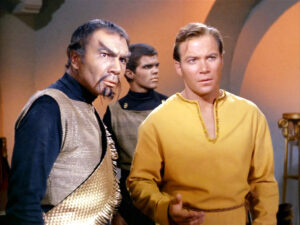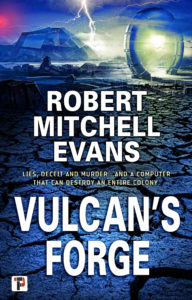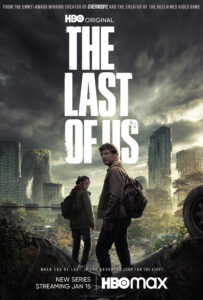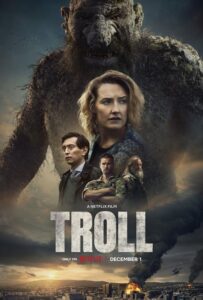.
Deadline and other sources are reporting that Warner Brothers, a studio once known for its anti-fascist stances, is looking to move forward for a re-booting of the valuable Harry Potter IP as a series for its streaming service HBOMax. It is reported that WB CEO Zaslav has met with JKR in hopes of bringing this project to life and that JKR may even be producer on the series. JKR, in addition to the controversies surrounding her small-minded stance on trans issues, is notorious for demanding control over the property and would likely wield great influence over the series’ production.
It’s understandable that people became fans of the franchise either through the books or the films before JKR’s opinion became public poisoning, quite understandably, many against the author. With the proposed series all this is known ahead of time on this go around and raises ethical and moral concerns about financially supporting JKR as she continues with what many people feel are bigoted opinions.
I fully support those who protest and drag into the light the statements and attitudes of JKR, but I also think it would be wise and just to be prudent in who is targeted if this series continues to move forward.
For example, the young actors cast in the series I would not want to see hounded or harassed on social media. ‘We are not so smart when we are young,’ as one fictional character observed and it is already a very hard road to travel as a child actor there is little, very little, to be gained targeting them.
The writers of the ‘writers room’ are likely to be in the first stages of their careers, struggling with student debt, the high cost of living in LA, and the difficult task of landing any paying gig in Hollywood, refusing an assignment may not have been a viable option for them.
However, the show runner, as of yet unnamed, the person with creative control only checked by the studio and the dictatorial JKR is another matter. That person is likely to be an experience veteran of the business with the financial and career resources to walk away from the series. If they choose to get into bed with JKR, fully aware of the controversies she brings along, then they have made their decision and shouldn’t be surprised when it turns out to be far from popular.
I have read the books and seen the film adaptation and found them enjoyable but flawed. Others have done a fine job pointing out the antisemitic tropes and the ignorant racism in the text so I will not elaborate on that here just beware it is there. I have no need to purchase anything new from the franchise and I am quite happy leaving it behind, the proposed series holds no interest for me and hopefully not for you either.







